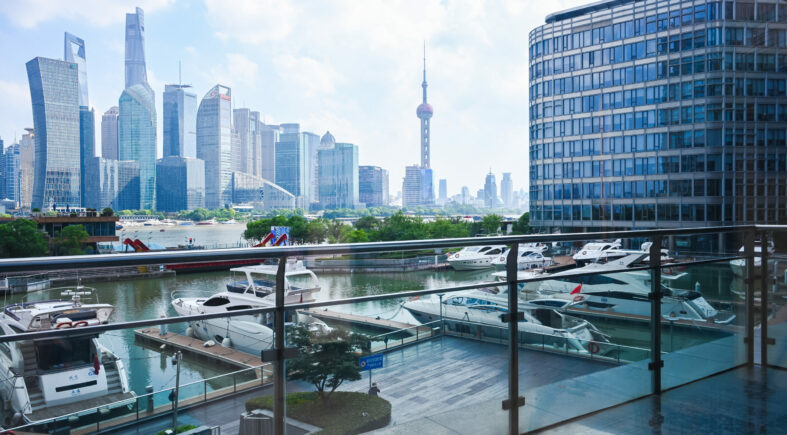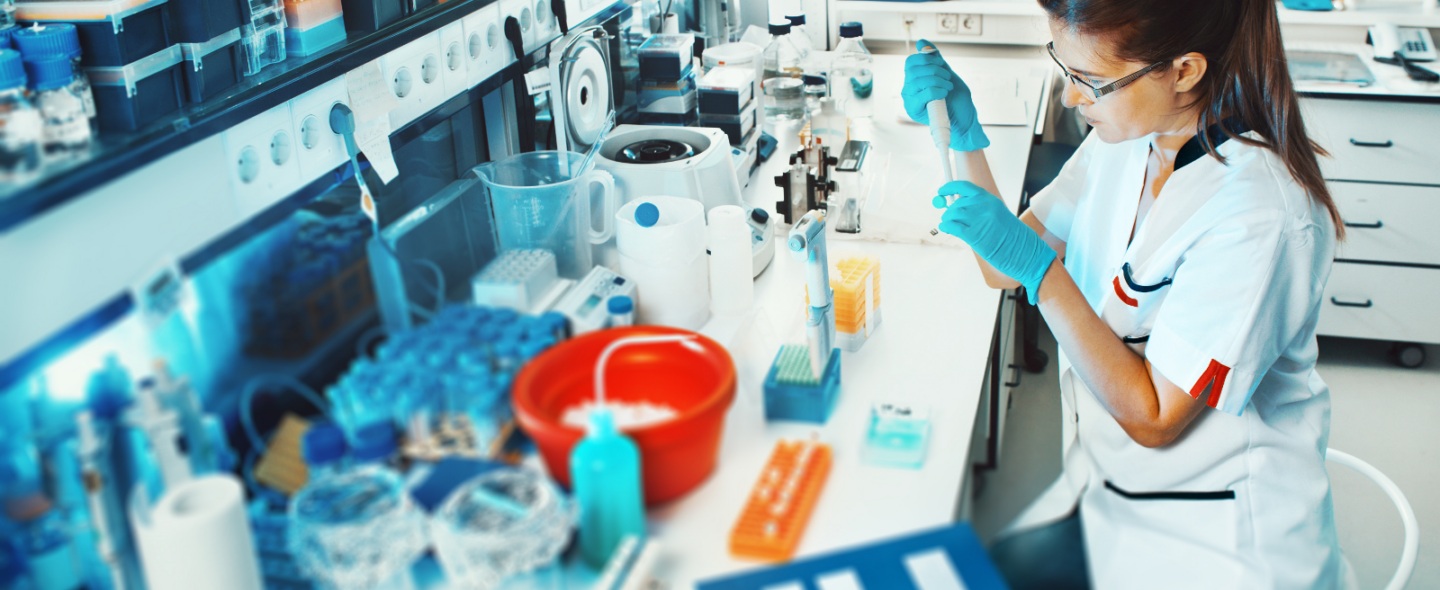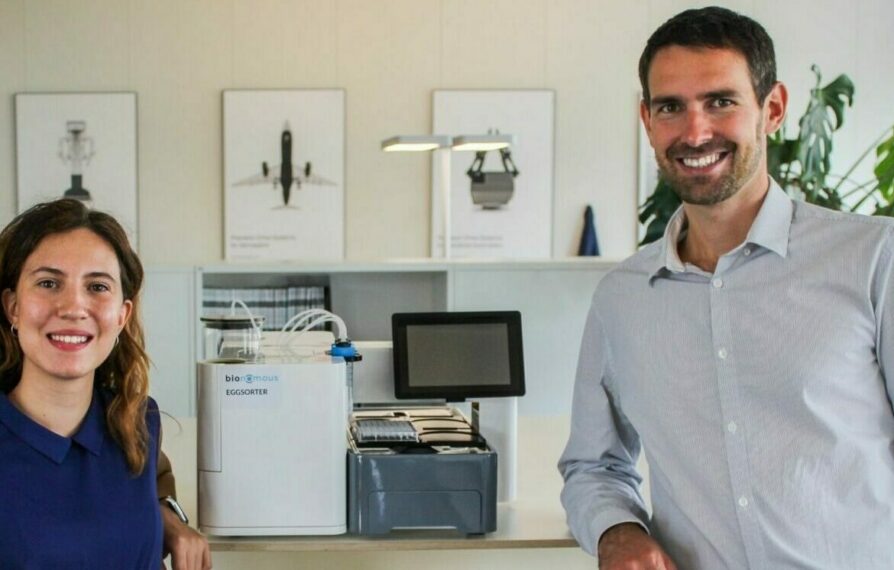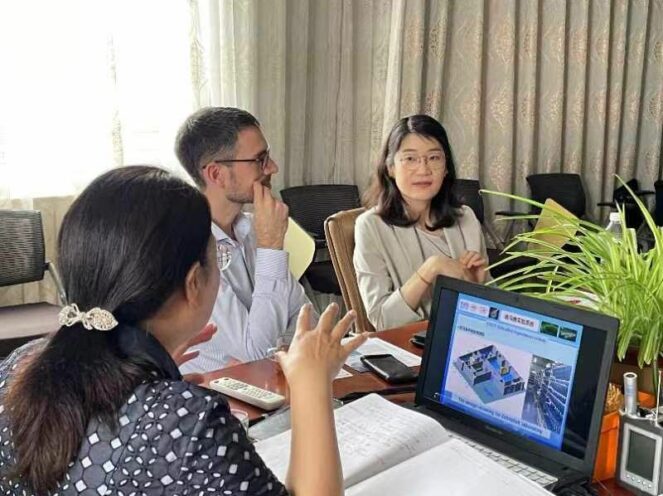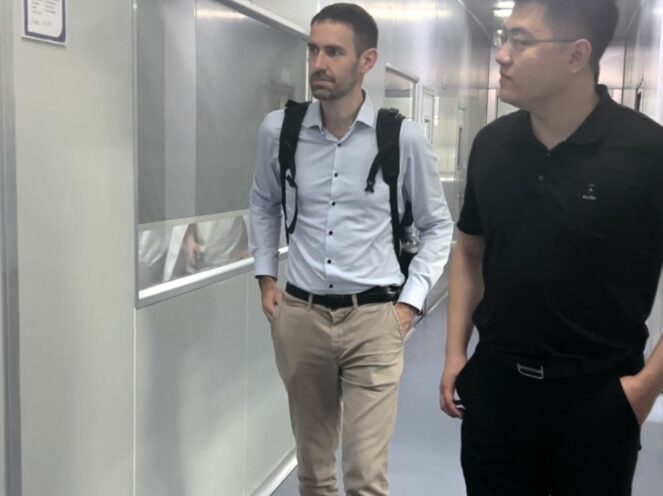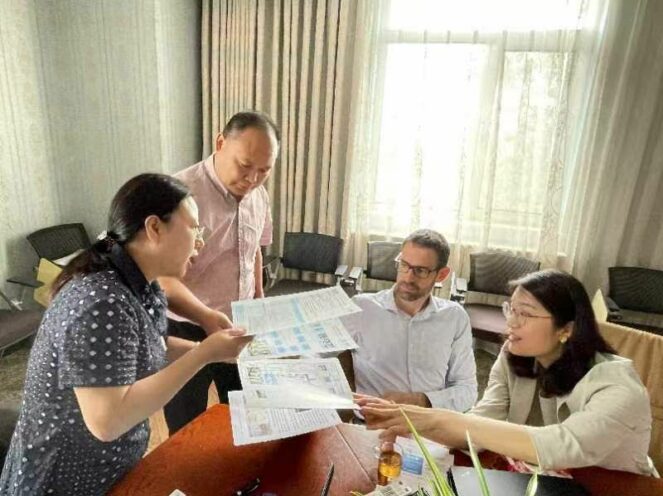Frank, can you start by telling us a bit about yourself and your company?
Frank: My name is Frank Bonnet, and I grew up in Morges, near the Geneva Lake area. I completed all my studies at EPFL in Lausanne, earning a bachelor’s, master’s, and then a PhD. After my thesis, I wasn’t sure what to do next, so I decided to start a startup. At EPFL, we’re now encouraged to develop companies, which is great because we receive a lot of support from sources like Innosuisse.
Together with my co-founder, we created a company called Bionomous in 2019. Our goal is to automate the sorting of miniature biological entities, which is precise work aimed at helping researchers who deal with small particles for research purposes. We provide laboratory instruments that automate and sanitize the processes of sampling, screening, sorting, and plating these entities.
Since founding the company, we’ve completed two fundraising rounds to develop the product and bring it to the market. We started selling at the beginning of last year, with a focus on commercialization in Europe and the US. Because we target a niche market, primarily academia, we quickly expanded to an international level. The US, in particular, is a key market for life sciences and biotech, and we also gained traction internationally, including a distributor in Australia. We’ve had interest from China as well, and before we even started selling, a Chinese distributor contacted us. After some due diligence, we decided to partner with them, and they sold their first product last year.
Last year was a validation year for us, to validate both the product and the market. Now that we’ve validated the applications, we’re trying to grow and scale our sales. This trip to China is to explore how to do that, look into potential market applications, and identify other potential partners.
You answered a lot of questions there! The first thing that attracted you to China was the distributor contacting you. Are there any other reasons?
Frank: Another reason is manufacturing. As soon as we created the company, we needed to create prototypes for our device, which includes hardware, software, and electronics. For electronics, Asia is indispensable. For mechanical parts, we initially used local facilities around EPFL, which was fine for prototypes. However, when we moved to small-scale production, China was the only place where we could manufacture parts quickly and affordably. This led us to work with several suppliers, and now we have a main supplier for most mechanical parts. We tried returning to Swiss manufacturers when our production scaled, but it wasn’t feasible due to high costs and minimum order requirements.
This trip also aims to establish better partnerships and improve quality processes. Understanding the Chinese market and culture is also important because Europe often has a negative perspective about China, and I want to understand it better.
How did you prepare for business development in China?
Frank: We knew China was one of the largest markets for our product, alongside Europe and the US. We had some understanding of the market and knew that there was interest from several distributors. However, we didn’t have a complete plan. This trip is to understand the market, how to work with distributors, and what strategy to adopt.
How are you working with Swissnex, and what support have they provided?
Frank: Swissnex has been very supportive. In the US, they connected us with various resources, such as IP lawyers and business advisors. Here, it’s a similar support, but with a focus on understanding the local environment and market.
What are the main challenges you’ve faced in China so far?
Frank: The main challenge is the different system of tools and services, such as using Baidu instead of Google and relying on local payment systems. Adjusting to this new environment and understanding the local business practices has been a challenge.
What do you hope to achieve from this camp in China?
Frank: I hope to develop a go-to-market strategy for China, understand the market better, identify the right partners, and learn about pricing and competition. I also want to understand the regulatory and business environment better.
What are your plans for your startup after China?
Frank: We will continue to focus on Europe and the US, but also decide if China should be a major market for us. This trip will help determine if there’s a significant opportunity here or if it should remain a secondary market for us.
How do you plan to work with Swissnex in the future?
Frank: We plan to continue using their resources for market exploration and business development support, similar to our experience in the US.
Any final thoughts?
Frank: This trip is about understanding the market and potential partners in China, and determining if it’s a significant opportunity for us. I’m also personally interested in understanding China’s business environment and its differences compared to other countries.
